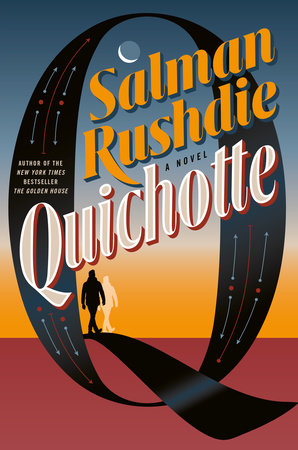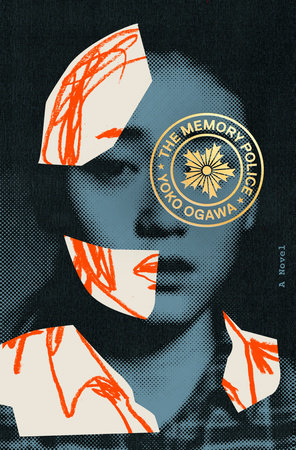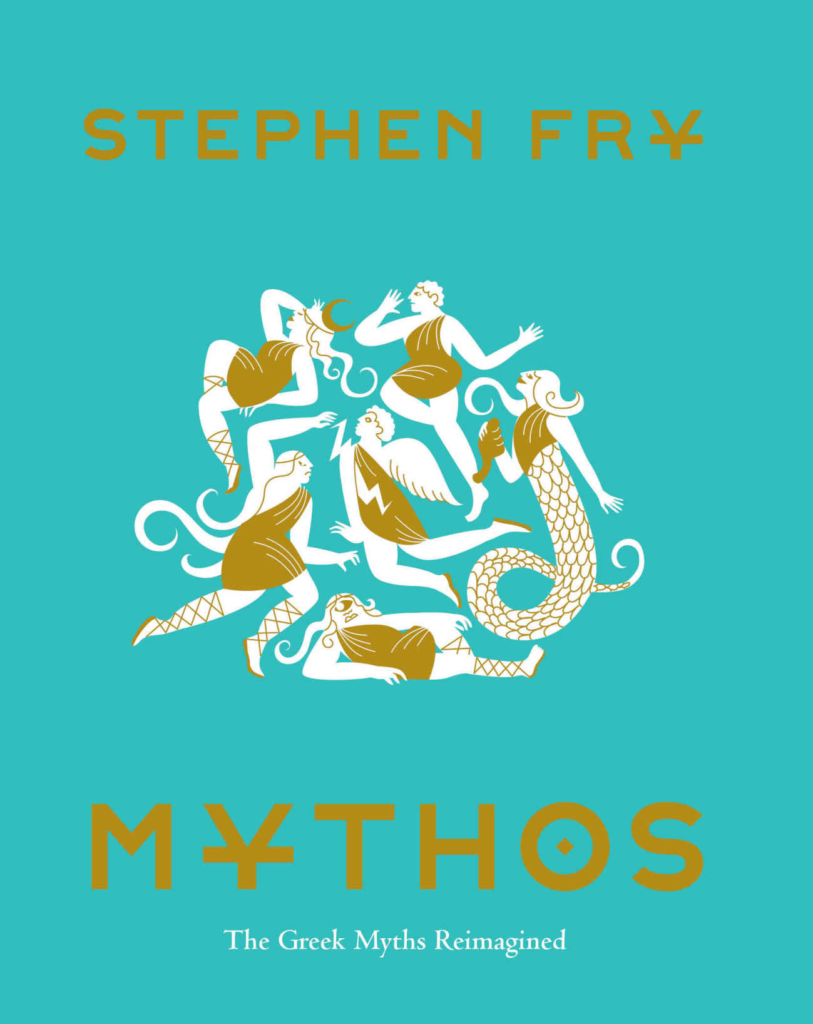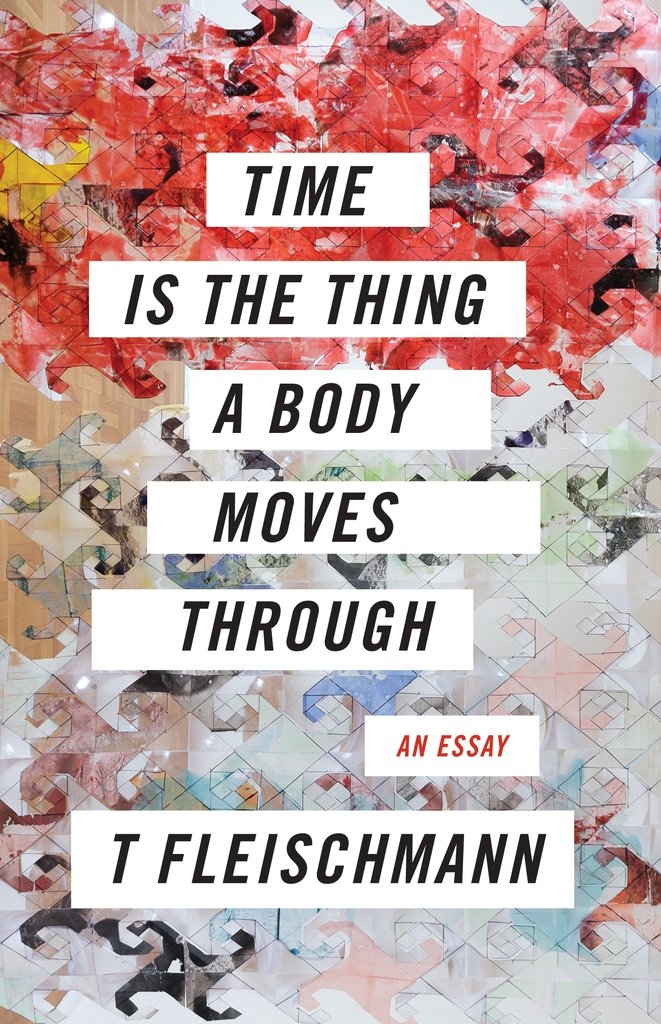
Quichotte by Salman Rushdie
The title character in Salman Rushdie’s new novel, Quichotte, explains his chivalric quest with the following quotation: “We may be after a celestial goal, but we still have to travel along the interstate,” thus summarizing the entire premise of this earth-shaking novel. Salman Rushdie has meshed the epic proportions of Don Quixote with contemporary culture in a way that is shockingly modern yet refreshingly timeless.
Fans of Don Quixote will be stunned at every turn with the creative remodeling of the classic story. Sancho is a Pinocchio-esque son evolved from Quichotte’s loneliness; Miss Salma R is a soap-opera star, equally as unattainable as Quixote’s imaginary Dulcinea—but grounded in our celebrity culture that forges imaginary bonds between audiences and actresses. Even the very crux of Don Quixote’s literary legacy—the foregrounding of an unreliable narrator and multiple layers of storytelling—is riffed on. Sancho feels an otherworldly presence behind the lines. He deems it a god. One of my favorite nudges to the original text is the inspiration behind Don Quixote and Quichotte’s transformations; the former gets sucked into chivalric romances ; the latter into reality TV, inspiring a meditation on cross-chronological cultural artifacts and our responses to them. Rushdie pulls the most conspicuous pieces of pop culture, from The Bachelor to the Barbie doll, into this boggling work of literary fiction. I found myself questioning the ways in which I engage with this content and, more interestingly, the extent to which the pop culture of Cervantes’s day was repackaged in his original text.
To be sure, Quichotte is much, much more than a rearticulation of Don Quixote in the modern day. It boasts sharp pivots between a variety of compelling subplots and backstories–the deep-rooted familial strife between Brother and Sister, the corruption scandal at Dr. R.K. Smile’s Pharmaceuticals, and the internal struggle of Sancho’s journey to develop into more than a figment of Quichotte’s mind. Every character is uniquely gripping, and the twists in time and space are handled with Rushdie’s signature precision and clarity. The sustained thrill of reading it cements the fact that it is unlike anything I’ve ever read before, and it will certainly be one I’ll read again and again.
-Cassidy Sattler

The Memory Police by Yoko Ogawa, translated by Stephen Snyder
The Memory Police by Yoko Ogawa is about absence and the way that space affects humanity. On a small island, objects disappear both physically and from the memories of its inhabitants. The disappearances are enforced by the titular Memory Police, who scour the streets for remnants of the objects and those that are able to still remember.
Despite the dramatic premise, the novel is anything but. Ogawa chooses not to focus on the theatrical, but rather on the quiet evolution of a writer, her editor, and an old family friend. Through her sparse, yet powerful prose, she explores the objects and structures that make us human. While the disappearances initially felt more curious than detrimental, such as the disappearance of music boxes, the accumulation of all these disappearances becomes the loss of something fundamental within the characters. The way that Ogawa conveys these gaps in memory, and the emptiness left behind, is striking and sad. The inability to miss something, or to understand its importance is perhaps what struck me most.
The novel switches between the main plotline as well as occasional excerpts from the manuscript that the writer works on throughout the book. The writing process becomes transparent, allowing the reader to contrast the act of writing against the disappearances. The excerpts become a salvation, an act of creation in opposition to the emptiness of the island. It is here that Ogawa contemplates the role of the writer and the importance of fiction and literature as a whole. She forces the reader to hold the book a little closer, and to interpret every word as just a little more precious.
-Anna Lang

Mythos by Stephen Fry
Stephen Fry blends his experience as a writer, comedian and TV personality to deliver a delightful, hilarious, endearing, and highly accessible account of Greek mythology in Mythos: The Greek Myths Retold. Somewhere between Attica and East London, Fry delivers a genius retelling of these ancient tales, from Cupid’s antics to Hera’s jealousy, Pandora’s box to Sisyphus’ boulder. Fry’s book takes its place amongst Edith Hamilton’s Mythology: Timeless Takes of Gods and Heroes (1942) and Robert Graves’s The Greek Myths (1955). With this book he launches himself onto the plain of the great ‘accessible’ classicists, but is able to do something a little different. He takes the same project of synthesising the plethora of distinct greek mythological narratives, but unlike the others is able to inject each page with his wild, engaging imagination.
Fry’s distinct, hilarious voice creates intimate characters out of the mythological figures, imbuing them with personalities, faults, conceits and desires. He doesn’t shy from gory and explicit detail. Kronos severs “Ouranos’s organs of generation” and then “juggled before his father’s eyes his grisly spoils of victory, burst and slimy with blood, oozing and slippery with seed.” Zeus harbours an “inexhaustible libido” poorly matched with Hera’s “more moderate sex drive.” Fry’s frequent Heroditian parentheses include anything from an explanation of the Ancient Greek origins for the term ‘sycophant’ (related to fig harvesting and selling) to a list of Actaeon’s twenty-four “dogs” and twelve “bitches.”
Fry is, however, wholly capable of a sensible discussion of Greek mythology. He geographically locates every myth, places figures in a sort of ‘family tree’, involves Greek and Roman sources, and is highly aware of the ambiguities of certain myths’ origins. Obviously not comprehensive, Fry seems to take the majority of his narratives from Hesiod’s Theogany and Ovid’s Metamorphosis. This means the narrative of Jason and the Argonauts, Medea, Herakles’ labours, Odysseus, Troy, Agamemnon and Clytemnestra aren’t there. But for those, maybe you’re best reading the originals, or Fry’s other book Heroes: Mortals and Monsters, Quests and Adventures.
What Fry does deliver, however, is a hilarious reproduction of many myths we’re somewhat familiar with. He takes the world of Greek mythology and draws from it a rich storytelling of love, revenge, suffering, mortality, obedience and loyalty. Through Fry’s endearing voice, the reader understands the enduring relevance of these ancient narratives.
-Charlie Munns

Time is the Thing a Body Moves Through by T Fleischmann
T Fleischmann’s Time Is the Thing A Body Moves Through is subtitled: An Essay, but it is hardly a singular piece of work. I knew Fleischmann previously as a poet, so I wasn’t surprised by the poeticism of their prose, the short, dynamic paragraphs and vividly specific language. Fleischmann jumps from topic to topic in the same way many of their poems do, recounting sexual experiences with friends and strangers and loved ones and then immediately diving into an analysis on the nature of art. There are snippets of poems, unresolved pieces they worked on while writing Time, photographs, and a moving investigation into the work of Felix Gonzalez-Torres. Time Is the Thing a Body Moves Through may be an essay, but it is not like any essay I had ever seen before.
Until reading Time, I had never seen such shocking honesty in a piece of writing. Lines such as “It is difficult to recall what that total, exhaustive feeling of not knowing feels like now, but it is the feeling I had both in watching the collapse of the hotel and in first wrapping my hand around someone’s cock,” threatens to be crude but escapes any vulgarity in its thoughtfulness (43). There is something expansive in the way Fleischmann writes about their body and the bodies of others, lending visceral beauty to a subject I tended to see as obscene by humanizing even the most graphic descriptions of the flesh. Fleishmann acknowledges the discomforts of the body—theirs and others— and absolves the person, the brain and heart and conscious, of these faults we tend to associate with flesh. In Time, Fleischmann’s incredibly personal stories and contemplations somehow—unexpectedly, even—transcend the singular, giving the reader space to reflect on their own body, their own art.
-Maddie Woda